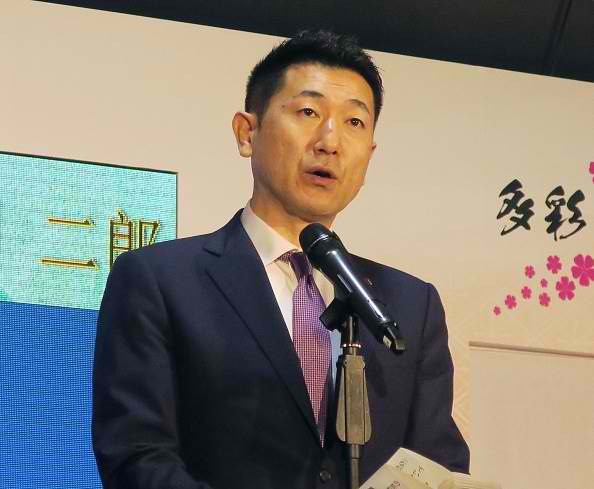China protested the visit of Senior Vice Minister Jiro Akama to Taiwan. The visit is the first for a Japanese official since 1972.
Foreign ministry spokesperson Hua Chunying said that the visit was a violation of Japan's pledge to have dealings with China on a people-to-people and region-to-region basis.
According to Hua, the visit is also in contradiction to Japan's support for the one-China policy. The spokesperson then accused Japan of double dealing.
Hua said that China "resolutely opposed" to the visit and has "made solemn representations to Japan."
"Since the start of this year, Japan keeps talking about committing to its pledges, but if we watch its moves it keeps provoking troubles. This has caused severe disruption to the improvement of bilateral relations," she said.
Hua added: "The Taiwan question bears on China's core interests and brooks no challenge. Hope Japan realizes the seriousness of the matter and stop double-dealing and going down the erroneous path."
The spokesperson also requested that the Japanese government explain the objective of the minister for attending the event.
When Akama arrived in Taipei, the minister said that there will be no changes in the relationship between Japan and China. He said that he had to "factor in many international situations before making the final decision" of going to Taiwan.
Japan has retained informal ties with Taiwan and has been a bilateral trade partner of China.
On the other hand, China has asked Japan to repent over the atrocities made during the second world war. Both countries are still in dispute over territorial claims in the East China Sea.
A big percentage of the Taiwanese population is pro-Japan and thinks that the country's development is an offshoot of the Japanese occupation.
On the other hand, there's also a big part of the Taiwanese public that thinks China and Korea do not serve the interests of Taiwan.



























